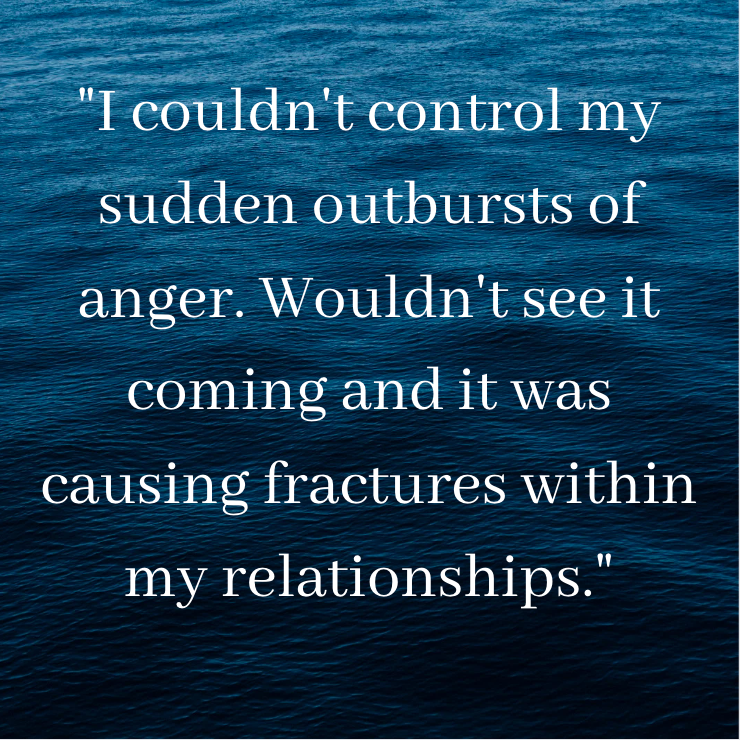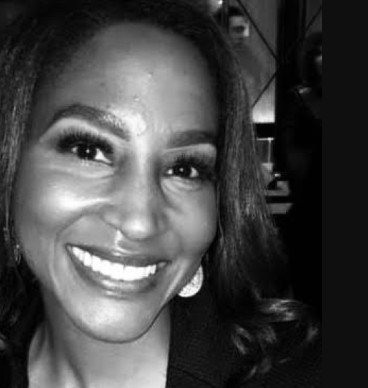The other day we woke up to an urgent email from our dear friend and fellow NeuroEmotional Coach, Sue Preneta. Through bleary eyes we read a subject line that got our hearts racing. It said: URGENT, Uncut Video Footage
Somehow one of the foundational videos included in our Dear EQ offering showed over three minutes of uncut film before the actual material began.
Oh dear!
We couldn't logically imagine anything scandalous, but now was not the time for rationality! When a community member reaches out with this kind of urgency it must be bad! We had no memory of loose, unfiltered video material, and now it was up on the internet!
Utterly irrational brainstorming commenced:
Were we accidentally naked?
Yelling at each other?
Badmouthing somebody?
We pulled up the suspicious footage.
It's true, it wasn't meant to be in there.
It's true, there were three loooooooong minutes before we got to the material.
It's true that it was awkward to sit through.
Want to guess what "scandalous" behavior was recorded?
We laughed.
We breathed.
We joked.
We kissed.
We removed a cat hair.
We sat and did nothing.
At one point Natalie tickles Nathan and says: Cootchie cootchie coo!
Because we're nerds.
Neuroemotional nerds.
We don't just teach about brain states, we actually live according to brain states. Before we teach, facilitate, or anything important, really, we do things to wash out adrenaline and cortisol, and to usher in oxytocin and then dopamine. We want to be as chilled out and Executive as possible, so we allow for time, hydration, breathing, hIgh fives, and kisses.
Yes, we do feel some embarrassment that Sue and maybe a couple others had to sit through those lengthy minutes wondering what the heck was happening. But we also laughed SO HARD when we saw that wholesome, nerdy, pre-show neurochemical maintenance.
It's not an exaggeration to say that we're always thinking about brain states and how to work with them.
Recently, when we noticed that the lady in front of us at airport security unknowingly had her zipper all the way down, we regulated ourselves and then Natalie approached her in an emotionally safe way, with words meant to soothe her nervous system, instead of startle and rattle her. The woman giggled and thanked Natalie and the two had a wonderful moment of connection instead of an awkward Survival Mode exchange.
When we noticed that the grocery clerk was stressed amongst the holiday crowds, we didn't even have to talk about it, we slowed our movements, extended our exhales, stilled our words. By mid-checkout she was sharing a story and we were nodding and offering empathy. By the time she handed us our receipt her shoulders had relaxed, she made smiling eye contact, and let out a long deep breath.
This is why we are loving our new offering Dear EQ, What Do I Do?.
EQ stands for Emotional Intelligence and Dear EQ is all about offering emotionally intelligent ideas for life's challenges.
Like:
Strangers with their zippers down!
Stressed out grocery clerks (and stressed out people in general)!
Last month we talked about:
What to do with a difficult father-child relationship
What to do after accidentally shaming a child when in Survival Mode
What to do about a sibling moving in with a brand-new (and possibly dangerous) boyfriend
What to do when on a date and the other person is miffed that you aren't showing enough interest
What to do about firing someone that is a challenge to work with
What questions will we answer this month?
Who knows!
That's part of the fun... but you can rest assured that every situation benefits when we look through the compound lens of emotional intelligence and brain science.
If you want to nerd out with us, in the best way possible, about your tricky situation, we'd love have you join us!
Our next meetup is this Wednesday, November 29th at 1pm Pacific.
If you're already in, feel free to email us your Q's in advance!
Much love,
Natalie and Nathan
(In case you missed it, here's some of our pre-game oxytocin-building antics!)































